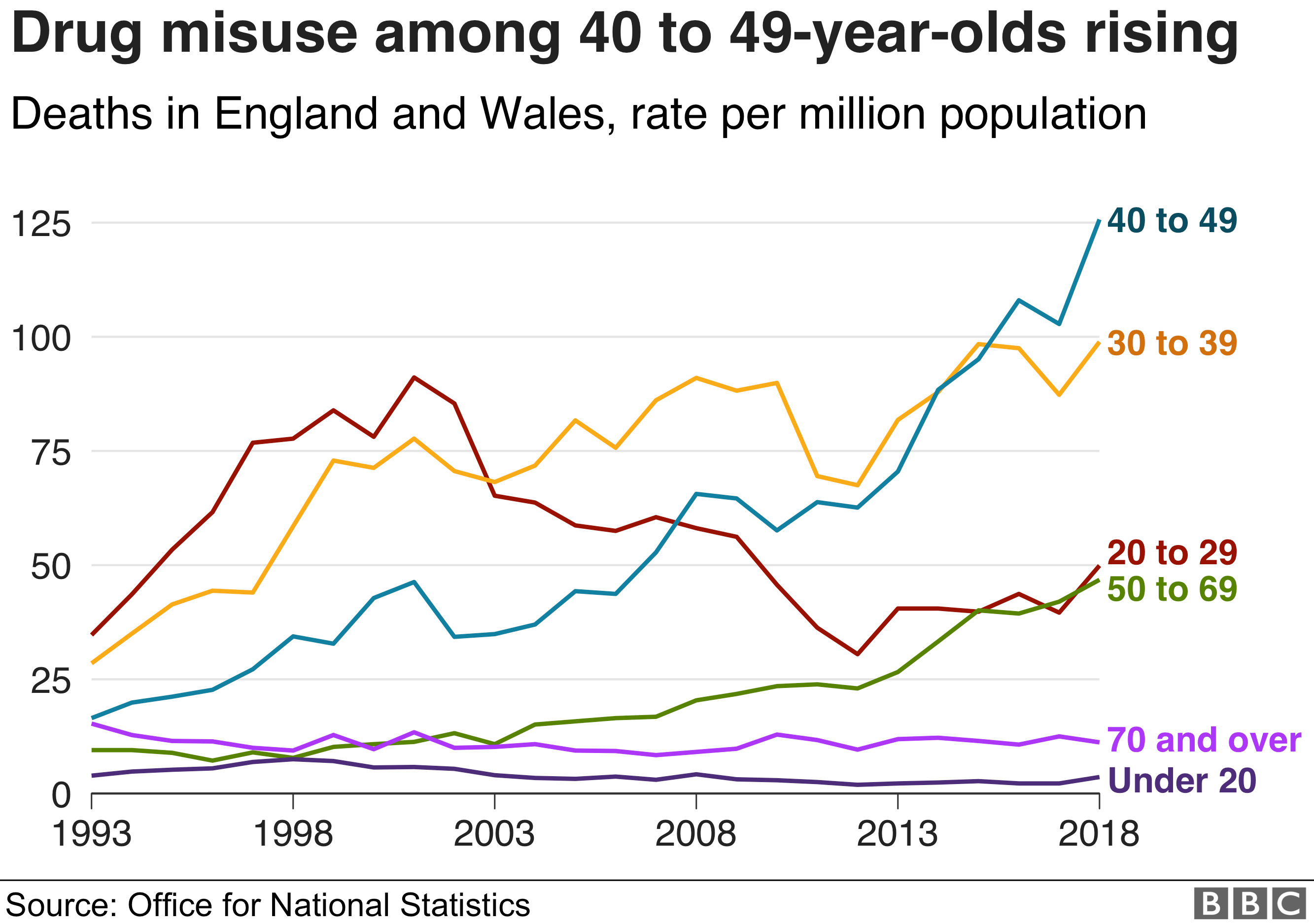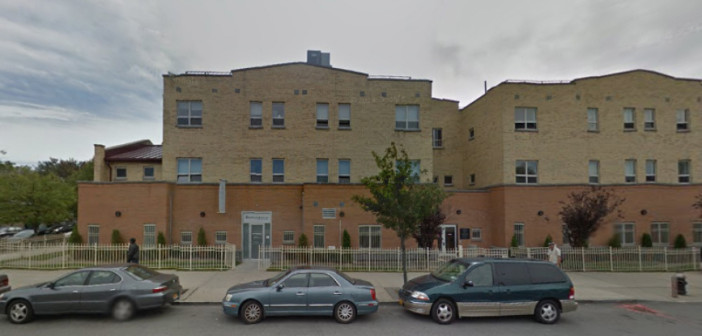However, several lines of proof link a sleep stage referred to as Rapid Eye Movement. After you go to sleep, your brain enters 3 progressively deeper phases of non-REM sleep, which is mainly dreamless. After about 90 minutes, it gets in Rapid Eye Movement sleep, which is when most dreaming takes place. Normally, the brain will cycle through these stages numerous times in the course of a night's sleep, with the Rapid Eye Movement phases getting progressively longer.

Research study recommends that we process emotional memories throughout healthy Rapid Eye Movement, assisting us "unlearn" frightening or unpleasant experiences. Els van der Helm and Matthew Walker, sleep scientists at the University of California, Berkeley, have actually hypothesized that the normal pattern of emotional processing that occurs during Rapid Eye Movement sleep breaks down in people with depression.
Surprisingly, in some people, overall sleep deprivation can rapidly lift depression, though only briefly. Van der Helm and Walker believe that this might work in Alcohol Rehab Center much the same method as the antidepressants by denying the brain of this inefficient type of Rapid Eye Movement sleep. Issues with Rapid Eye Movement also appear to play a function in post-traumatic stress condition (PTSD).
A evaluation of research study suggests that the drug prazosin, which medical professionals normally recommend for hypertension, can alleviate the problems of military battle veterans with PTSD.Noradrenaline suppresses Rapid Eye Movement sleep. By reducing the hormonal agent's concentration in the brains of veterans with PTSD, prazosin may promote more effective REM sleep, which then removes the emotional label that is causing their frequent nightmares.
In addition to evaluating the occurrence and nature of sleep difficulties in individuals with these conditions, the researchers will randomly appoint participants with sleep issues to get either their normal care or treatment at a sleep center. Explaining their forthcoming research study in the journal BMC Psychiatry, the psychiatrists write:" Despite a high incident of sleep conditions and developed unfavorable effects on psychological health, little attention is paid to sleep problems in mental health care.
Some Ideas on How Eating Healthy Affects Mental Health You Should Know
Sleep is as essential to our health as consuming, drinking and breathing. It permits our bodies to repair themselves and our brains to combine our memories and process info. Poor sleep is connected to physical issues such as a weakened body immune system and mental illness such as anxiety and anxiety.
This includes simple methods to enhance your 'sleep health', such as adjusting the light, sound and temperature level in the bed room and changing your consuming, drinking and exercise routines, advice which can also be found in Sleep Well, our convenient pocket guide to much better sleep. The report also includes recommendations on how Cognitive Behavioural Treatment can be more reliable in helping people with long-lasting sleeping disorders than medication, and how NHS policy could be changed to reflect this reality.
Have you ever gone to bed worried about a crucial, early morning meeting? You understand you require to be well rested in order to put your finest foot forward, so you spend the entire night lying large awake thinking of how you truly need to drop off to sleep? It's something we've all skilled.
Handling the rare agitated night is one thing, but for numerous people, restlessness isn't an isolated occurrence. In fact, it's estimated that 40 million Americans have a persistent sleep disorder. And with sleep and mental health being so carefully associated, there's an undeniable connection happening. 50% to 80% of people looking for mental healthcare likewise experience issues with sleep, and those who are struggling with depression, anxiety, or ADHD are especially most likely to face sleep also.
Nevertheless, more current research study has recommended that this might not be the whole story. These research studies have actually discovered that sleep disturbances might in fact be working as a trigger, raising your risk of establishing a psychological health condition. While scientists aren't exactly sure why this is, they have actually found some connections.
Fascination About How Being Forced To Carry A Child Affects Mental Health
Studies have shown that Rapid Eye Movement assists our brains improve discovering abilities, memory, and general emotional health. When this kind of sleep is interfered with, our neurotransmitters and stress hormonal agents are also interrupted. Therefore, this interruption can worsen any already-present symptoms of psychological health conditions and vice versa. Different research studies have actually shown that approximately 90% of grownups and children with depression also struggle with some form of sleep problem.
One longitudinal research study found that individuals with sleeping disorders were 4 times most likely to establish depression than their non-insomniac counterparts. Several other studies have taken a look at the relationship in between sleep and depression in youths. Interestingly, they discovered that sleep problems began before their anxiety did. It's estimated that over half of grownups experiencing generalized anxiety disorder also have sleep concerns.
Being nervous can make it tough to fall or stay asleep, which can then cause anxiety about losing sleep. One study discovered that over half of individuals afflicted with both sleep problems and stress and anxiety established stress and anxiety specific to going to sleep in the evening. Much like anxiety and sleep, losing quality rest can amplify the symptoms of anxiety.
There are less studies on the impacts of ADHD on sleep, but many adults and children with ADHD will grumble of similar sleep disruptions. Many patients will regularly experience "perverse sleep" being awake when it's time for bed and being tired when it's time to be awake. Individuals with ADHD will frequently report problems with going to sleep, remaining asleep, and getting deep, restful sleep.
Recognizing the power of sleep and its relationship with psychological health is more essential than ever in today's busy, restless culture. Comprehending how one impacts the other not just helps in getting the most accurate diagnoses, but also aids in improved treatments for both conditions. To read more about Neurocore's med-free sleep program, offer us a call at 800.600.4096.
10 Simple Techniques For How Mental Health Affects The Brain
Do you typically work longer in the night? Do you spend a lot of time partying with pals into the early hours? Or do you have young kids who frequently keep you awake in the evening? With work, family and other life dedications, a lot of us simply do not get the advised 7 or eight hours of sleep.
It can be simple to dismiss sleep as not being essential in preserving a psychologically healthy way of life but are we missing out on a trick? How important is a great night's sleep to how we function psychologically? of explains why sleep is so essential to our, and what we can do to assist improve our sleeping habits - how stigma affects mental health.

The outcomes of one research study (Yoo, Gujjar et al (2007 ). A deficit in the capability to form new human memories without sleep. Nature Neuroscience, 10( 3 ), 385-392) indicate that a night of restful sleep may 'reset' brain reactivity in order to prepare for emotional obstacles the next day. Sleep has an essential restorative function in 'recharging' the brain at the end of each day, much like we need to charge a smart phone battery after extended use.
Ongoing poor sleep can be a substantial threat factor for the advancement of major depressive disorder. The threat of sensation and/or (in addition to intensifying existing anxiety and anxiety) increases with the intensity of, therefore it is important to recognise and sort out sleep problems as quickly as they are determined.